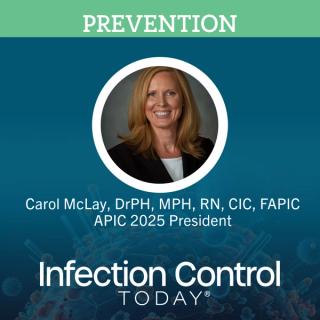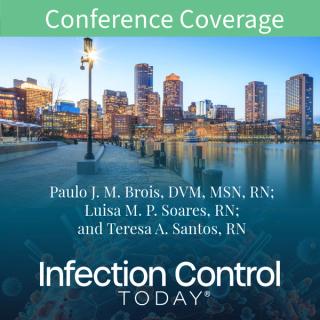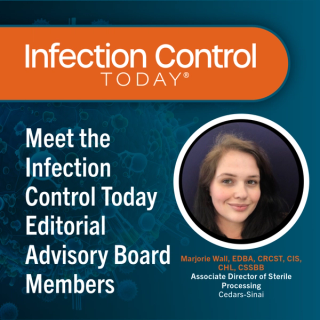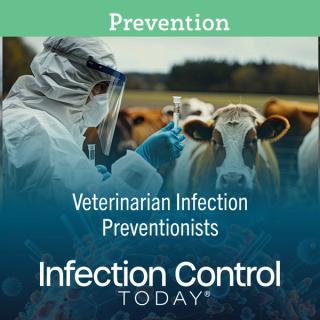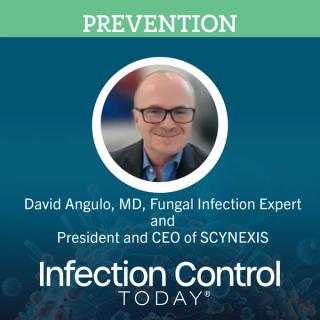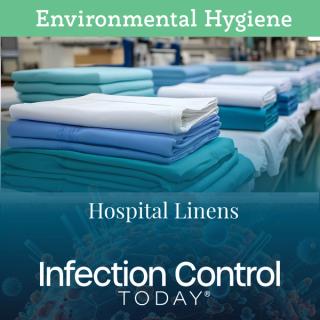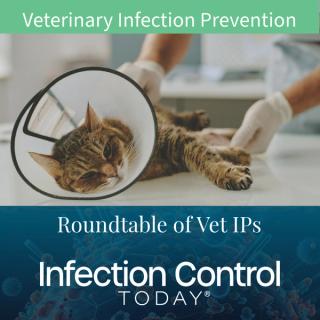
Prevention
Latest News
Latest Videos

More News
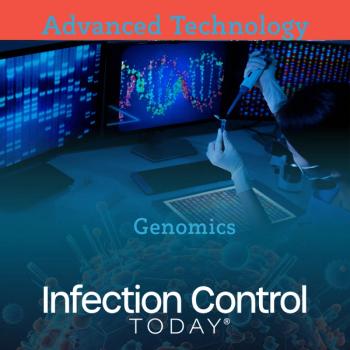
A string of infections following routine knee surgeries in Tennessee has escalated into litigation, raising questions about how—and when—health care facilities should detect outbreaks. As genomic surveillance gains traction in infection prevention, some fear it could increase legal risk. In reality, it may offer hospitals their strongest legal defense.
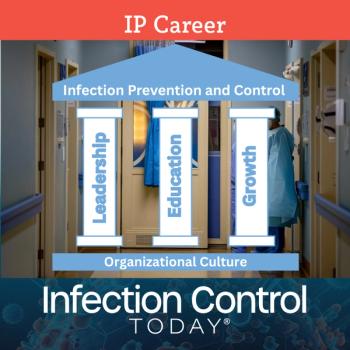
Key Takeaways from WHO’s 2024 Global Report and Insights from Real-world Experience
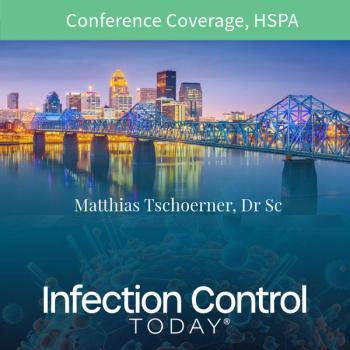
At the 2025 HSPA conference, experts emphasized the vital role of detergents and enzymatic cleaners in reprocessing medical devices—highlighting how temperature, concentration, and technique directly impact cleaning performance in today’s increasingly complex surgical instrumentation.
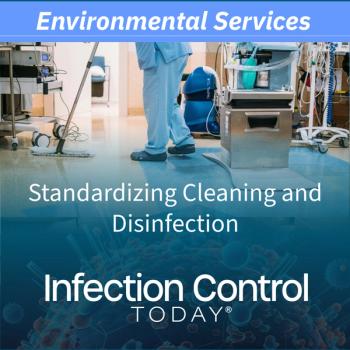
Inconsistent cleaning practices continue to jeopardize patient safety. Experts urge health care leaders to treat cleaning as clinical care—essential, standardized, and foundational to infection prevention.
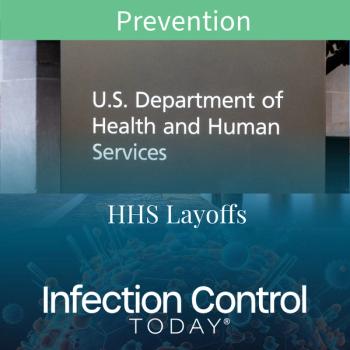
HHS Secretary Robert F. Kennedy Jr. faced intense scrutiny over sweeping budget cuts and public health reforms during back-to-back hearings on Capitol Hill this week.

Invisible yet deadly, endotoxins evade traditional sterilization methods, posing significant risks during routine surgeries. Understanding and addressing their threat is critical for patient safety.
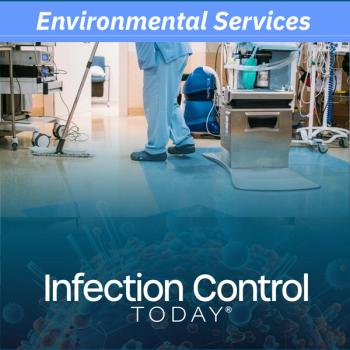
Optimizing Training for Environmental Services Staff: A Critical Component of Patient Safety and Infection Control
This article explores why it is essential to train housekeeping staff and leaders in health care facilities, emphasizing key reasons and evidence-based practices to back this necessity.

As infection prevention infrastructure unravels, professionals face déjà vu from the pandemic’s darkest days—making resilience not just important, but essential for survival and progress.
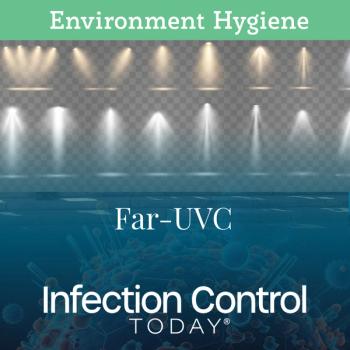
Far-UVC technology offers a promising solution for continuous disinfection in occupied spaces, with growing evidence supporting its safety, efficacy, and potential in health care environments.
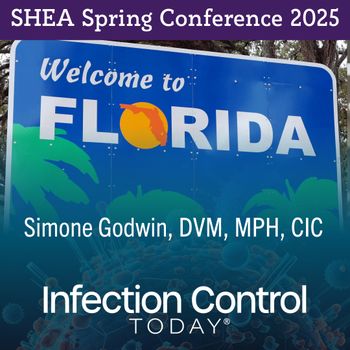
A rare Tennessee outbreak of Mycobacterium fortuitum revealed deep gaps in infection prevention at outpatient surgery centers—where oversight, staffing, and reporting often fall short.
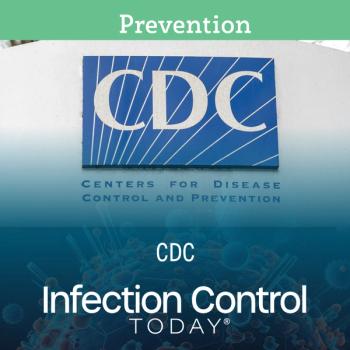
The disbanding of HICPAC has left infection prevention experts scrambling to preserve national standards and ensure continuity amid growing concern over science-driven public health policy. Connie Steed, MSN, RN, CIC, FAPIC, speaks with ICT.
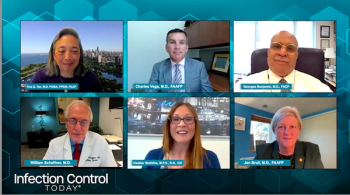
Physicians Sound Alarm: Vaccine Misinformation and Policy Failures Threaten US Public Health
In 2025, vaccine science is thriving—but trust is faltering. ICT and Medical Economics convene experts to examine policy shifts, hesitancy, and the path forward through evidence and empathy.
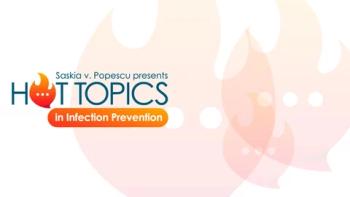
This week’s Infection Control Today’s Hot Topics in IPC discusses the latest in the measles outbreak, H5N1 in cattle herds, HICPAC, and more.

The abrupt disbanding of HICPAC silences decades of infection control expertise, leaving health care workers without unified guidance as deadly threats to patient safety rise.
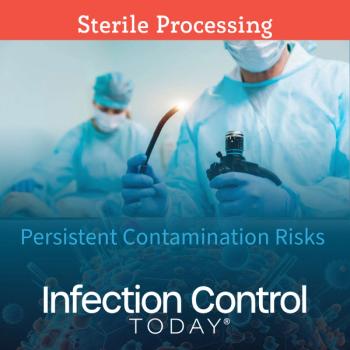
Two new studies reveal troubling contamination in both new endoscopes and cleaned lumened surgical instruments, challenging the reliability of current reprocessing practices and manufacturer guidelines.
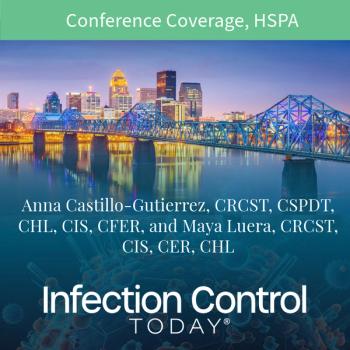
A routine audit at Texas Children’s Hospital uncovered systemwide gaps in sterile processing, revealing deeper issues and reinforcing the critical role of education and equipment oversight.
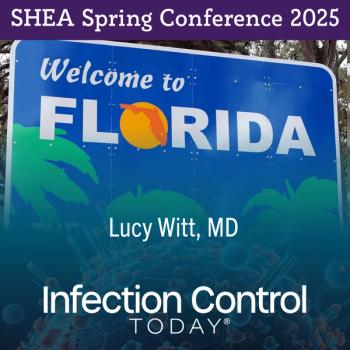
A new study presented at the 2025 SHEA Spring Conference reveals that while infectious disease consults do influence hospitalists’ use of broad-spectrum antibiotics, the relationship is anything but straightforward—challenging assumptions in antimicrobial stewardship and offering new insights into prescribing behavior.
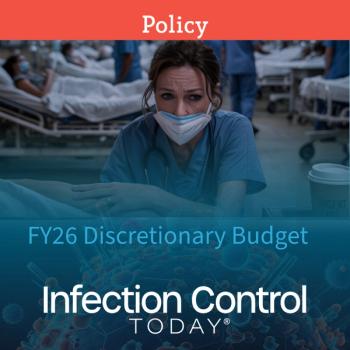
The proposed elimination of ASPR’s Hospital Preparedness Program in the 2026 federal budget could dismantle essential emergency readiness infrastructure and jeopardize national health care safety.
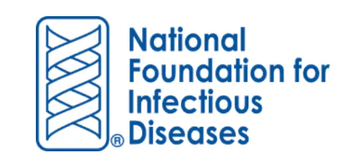
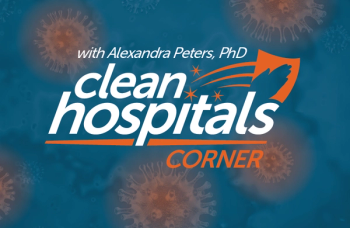
Happy Hand Hygiene Day! Rethinking Glove Use for Safer, Cleaner, and More Ethical Health Care
Despite their protective role, gloves are often misused in health care settings—undermining hand hygiene, risking patient safety, and worsening environmental impact. Alexandra Peters, PhD, points out that this misuse deserves urgent attention, especially today, World Hand Hygiene Day.

Sterile processing departments must be ready to maintain continuity and patient safety—even when technology fails. A downtime playbook can make all the difference.
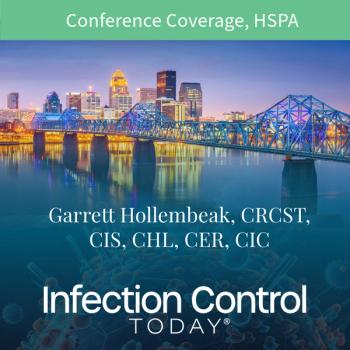
Clear, consistent alignment between infection preventionists and sterile processing teams on IFUs is essential for safe reprocessing—and increasingly achievable with the right tools and mindset.
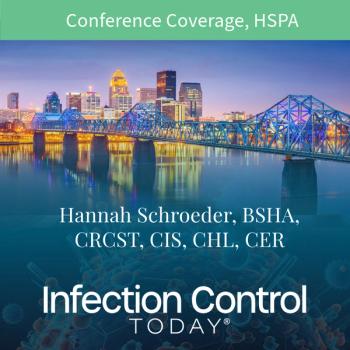
Hannah Schroeder, BSHA, CRCST, CIS, CHL, CER, presented a workshop at HSPA Annual Conference on how sterile processing leaders are turning to quality management systems like AAMI ST90 to drive data-informed decisions, justify resources, and improve department-wide outcomes through advocacy.

Infection preventionists face relentless demands, but true resilience begins when they replace self-judgment with grace, processing emotions with acceptance and compassion—not perfection.
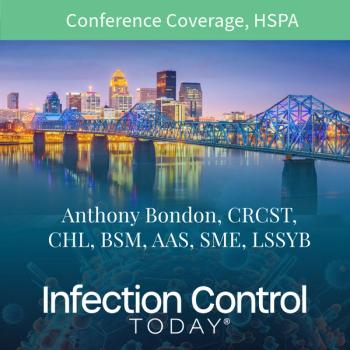
With his term as HSPA president concluded at the end of the HSPA Annual Conference, Anthony Bondon CRCST, CHL, BSM, AAS, SME, LSSYB, reflects on the power of connection, service, and why sterile processing professionals are the true champions of health care.






